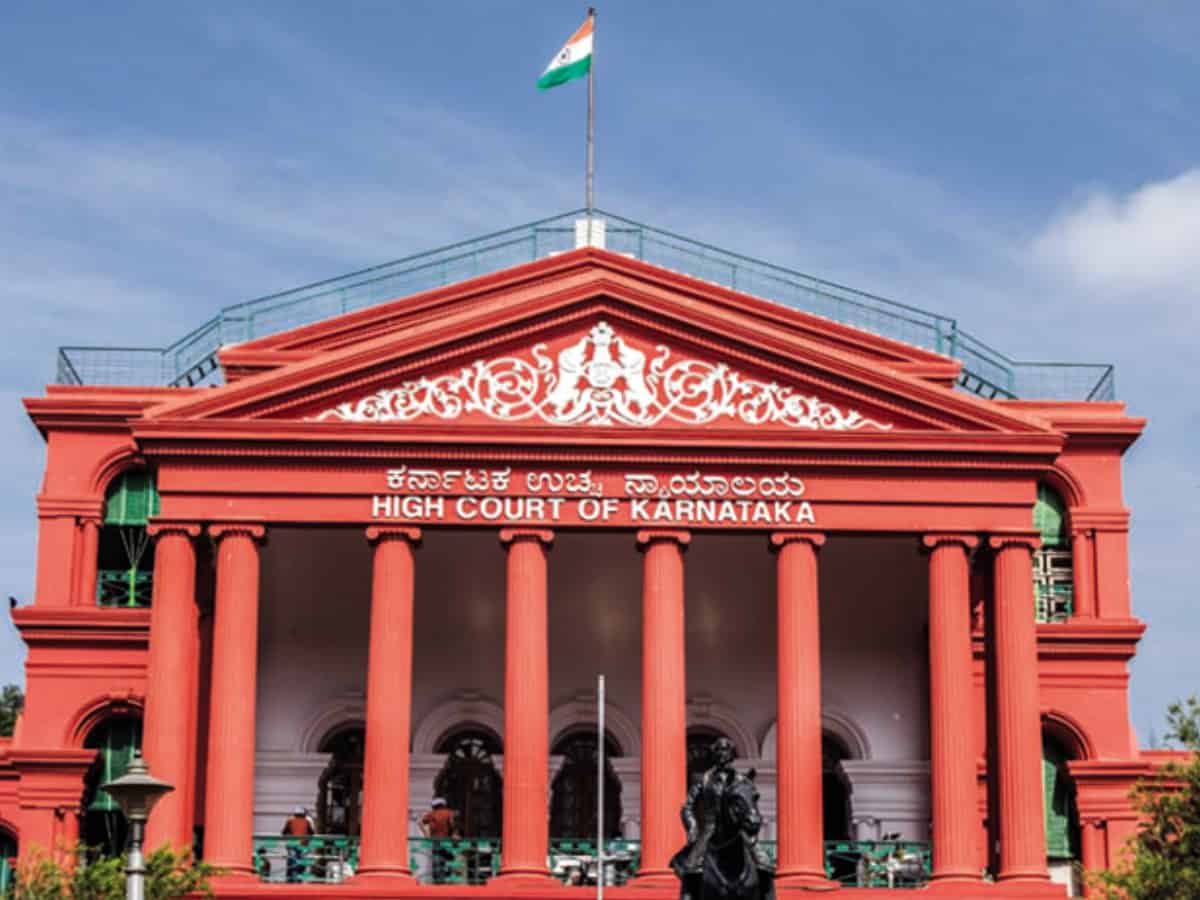Viewing child pornography not an offense under IT Act: Karnataka HC

Bengaluru: Viewing pornographic images of children through the Internet is not an offense under the Information Technology Act, according to a recent ruling by the Karnataka High Court.
The decision came from a bench led by Justice M. Nagaprasanna, which heard a petition filed by N Inayatullah of Hoskote seeking the cancellation of a case registered against him for viewing such images.
The court opined that under Section 67B of the Information Technology Act, punishment is applicable for creating and distributing child pornographic content through electronic means. Since the petitioner had not produced or shared child pornography but only viewed it, the court found no grounds for an offence under this section.
“As mentioned in Section 67B of the Information Technology Act, any person can be punished for preparing child obscene images and sharing the same through electronic devices. The applicant has not produced child pornography. Plus, it’s not shared with anyone, just viewed. Thus, there is no offence under Section 67B,” the bench stated.
The petitioner, Inayatullah, was accused of watching obscene images of children on his mobile phone on March 23, 2023, between 3:30 PM and 4:40 PM. This information was reported by the National Crime Records Bureau (NCRB) through a government portal aimed at preventing sexual violence against women and children.
The Bangalore City CID Unit verified the report and identified Inayatullah as the viewer of the content, leading to a complaint being registered under Section 67B on May 3, 2023, at the Bangalore Cyber Crime Police Station.
In court, the petitioner’s lawyer argued, “The petitioner is addicted to watching pornographic images of children. However, no video has been prepared and shared with anyone. Therefore, the case should be cancelled.”
The prosecution objected, stating, “The petitioner has admitted that he has seen obscene videos of children. So this process should not be allowed to continue. Therefore, the application should be
Despite these objections, the court ruled that since no crime was committed in terms of producing or sharing child pornography, continuing the case would constitute a misuse of the law. “The petitioner is a slave to watching child pornography. They watch porn videos. No crime was committed as a result of this incident. Thus, the case was filed against the petitioner accidentally and if it continues, it will be a misuse of law,” the bench concluded, ordering the cancellation of the case.
This ruling has sparked a debate on the legal boundaries of online activities and the implications for future cases involving the viewing of illegal content. The decision underscores the need for clear legislative guidelines to address the complexities of digital offences comprehensively.
Get the latest updates in Hyderabad City News, Technology, Entertainment, Sports, Politics and Top Stories on WhatsApp & Telegram by subscribing to our channels. You can also download our app for Android and iOS.
Comments
Post a Comment